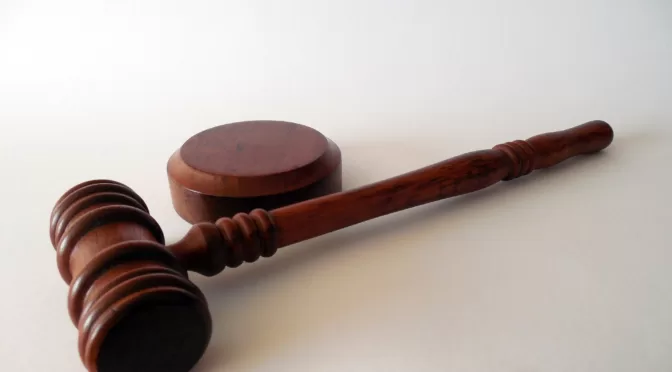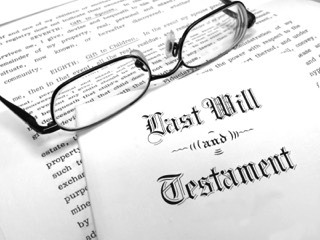1. What is Civil Contempt in Massachusetts Probate Cases?
Civil Contempt in Massachusetts Probate Cases arises when an individual fails to comply with a court order or judgment. Such violations often occur in Probate and Family Court scenarios, especially when a party doesn’t adhere to custody, visitation, child support, or spousal support mandates. These orders typically derive from Separation Agreements or a Motion for Temporary Orders during divorce or paternity cases.
2. Real-Life Application: The Divorce Context
Consider a divorce setting where a custodial parent initiates a Civil Contempt complaint against a non-custodial parent. This usually happens when the latter doesn’t meet child support obligations set by a court order. To succeed in this complaint, several factors come into play:
- The magnitude of the failure: Did the non-custodial parent skip payments entirely or make partial payments?
- The reasons behind the failure: Did the non-custodial parent lose their job through no fault of their own or resign deliberately to evade child support?
3. Proving the Case: The Legal Threshold
For a Civil Contempt complaint to stand in court, the plaintiff must present “clear and convincing evidence” that the defendant breached a valid court order. Massachusetts’ Supreme Judicial Court, in its In re Birchall (2009) ruling, emphasizes the need for clear and convincing proof of disregard for an unambiguous command. While Massachusetts law doesn’t provide a strict definition for “clear and convincing evidence”, most Probate Courts view it as a standard between “preponderance of the evidence” and “beyond a reasonable doubt”.
4. Importance of Clear Court Orders
A straightforward and unambiguous court order leaves no room for varied interpretations. In Demoulas v. Demoulas Supermarkets, Inc. (1997), the Supreme Judicial Court opined that a defendant shouldn’t face contempt if doing so would stretch the original order beyond its apparent intent. Subsequently, in Sax v. Sax (2002), the Appeals Court decided that any ambiguities typically favor the defendant.
A well-defined Separation Agreement, Order, or Judgment ensures clarity for all involved parties. Any ambiguities can hinder a judge’s ability to determine if a party should face contempt charges. Essentially, orders demanding interpretative leaps or reconstructions of the original intent could be ambiguous for contempt considerations.
5. Criteria for Civil Contempt in Massachusetts Probate Cases
To succeed in a Civil Contempt complaint, a plaintiff must meet the following criteria:
- A valid Order or Judgment from an authoritative court.
- The Order or Judgment must be unambiguous, lacking multiple interpretations.
- The Order or Judgment should be clear in its application to specific events.
- The defendant’s breach of the Order or Judgment should be evident and backed by compelling evidence. Moreover, the defendant should lack a valid defense for their alleged violation.
By understanding these factors, individuals can navigate the complexities of Civil Contempt in Massachusetts Probate Cases more effectively.
Need Expert Guidance? Reeves Lavallee PC is Here to Help!
Navigating the intricacies of Civil Contempt in Massachusetts Probate Cases can be overwhelming. Yet, understanding the nuances and ensuring compliance is crucial. If you find yourself uncertain about any aspect or facing a potential contempt situation, don’t go at it alone.
Reeves Lavallee PC boasts a team of seasoned professionals who specialize in these very scenarios. With our expertise, we’ll guide you every step of the way, ensuring your rights are protected and you’re fully informed. Remember, in legal matters, timely advice can make all the difference.
So why wait? Contact Reeves Lavallee PC today and let’s turn challenges into solutions together!
#CivilContempt, #MassachusettsLaw, #DivorceCases, #LegalInsights, #ReevesLavalleePC, #ProbateCourt, #ExpertGuidance, #KnowYourRights, #LegalNavigators, #FamilyLaw


